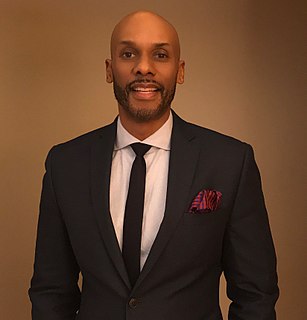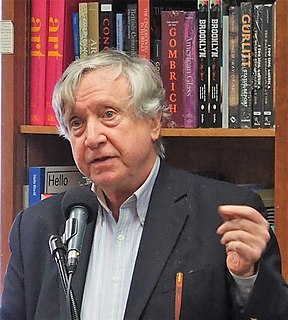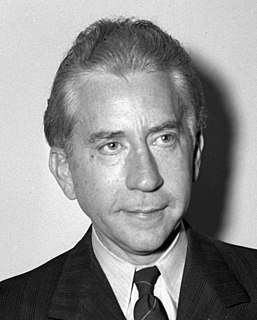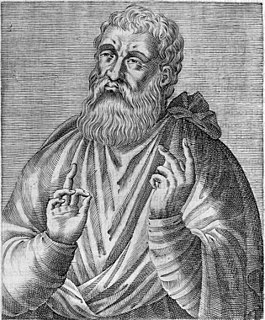A Quote by Gerald Stern
Oppressed cultures often envy those which are not, or oppressed individuals do, and sometimes those which - and who - are not envy those which - who - are.
Related Quotes
Envy is the most universal passion. We only pride ourselves on the qualities we possess, or think we possess; but we envy the pretensions we have, and those which we have not, and do not even wish for. We envy the greatest qualities and every trifling advantage. We envy the most ridiculous appearance or affectation of superiority. We envy folly and conceit; nay, we go so far as to envy whatever confers distinction of notoriety, even vice and infamy.
Because of this basin of repentance and knowledge of God, which has been ordained for the transgression of God's people, as Isaiah cries, we have believed, and we testify that the very baptism which he announced is alone able to purify those who have repented. It is the water of life. But the cisterns which you have dug for yourselves are broken and of no benefit to you. For what is the use of a baptism which cleanses the flesh and body alone? Baptize the soul from wrath and from covetousness, from envy, and from hatred, and, lo, the body is pure.




































